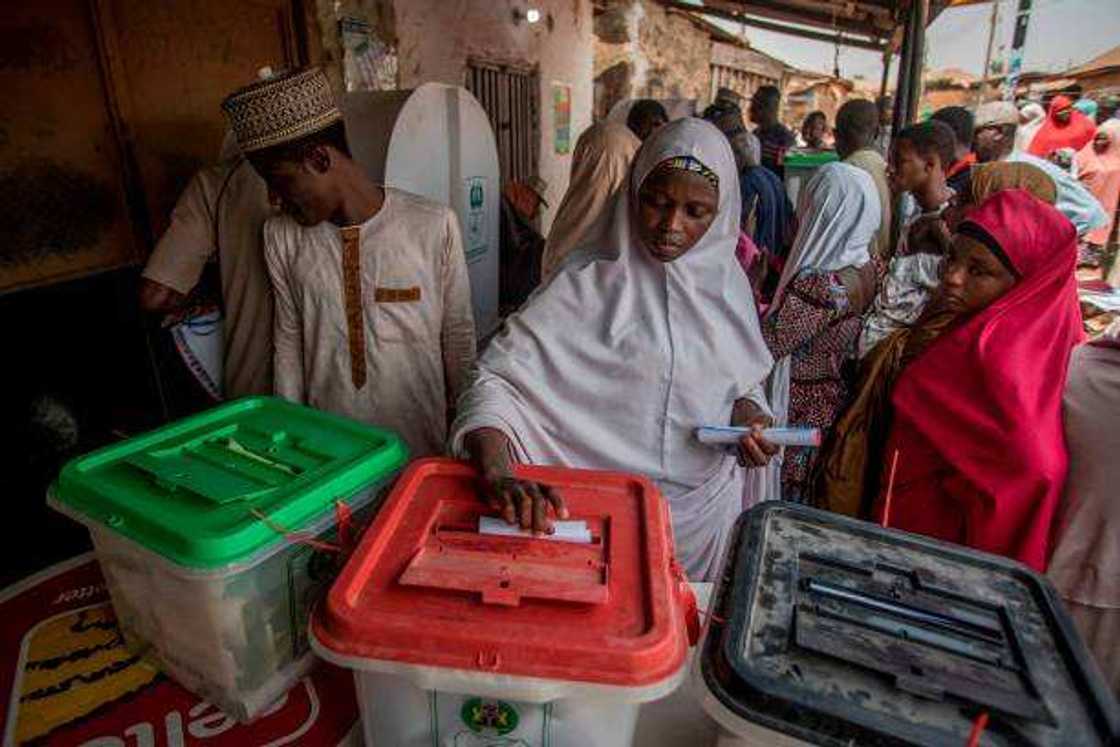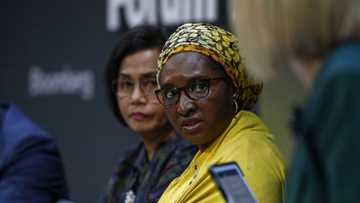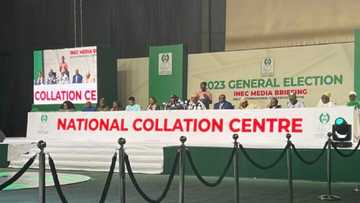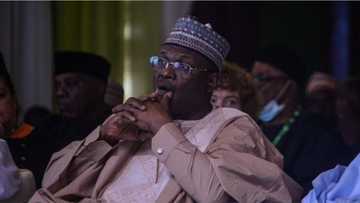Electing Nigeria’s Next President Will Cost Citizens N253.9 Billion, Most Expensive in History
On Saturday, February 25, 2023, millions of Nigerians will elect a new president that will take over from Muhammdu Buhari.
PAY ATTENTION: Сheck out news that is picked exactly for YOU ➡️ click on “Recommended for you” and enjoy!
Several polls suggest that Bola Tinubu of the All Progressive Congress, Peter Obi of the Labour Party, Atiku Abubakar of the Peoples Democratic Party, and Rabiu Kwankwaso of the New Nigeria Peoples Party(NNPP) are among the leading candidates out of a total of 18, who will appear on the ballot box in the upcoming election.
Electing any of those above as the new leader of Africa's most populous country will be costly for citizens, whose taxes will fund the election.

Source: Getty Images
Professor Mahmood Yakubu, chairman of the Independent National Electoral Commission (INEC), recently announced that N355 billion would be needed to execute the general election.

Read also
Buhari’s Finance Minister asks Tibubu’s Government to raise VAT to 10 per cent, says Buhari will remove fuel subsidy before May, 29, 2023
However, the national assembly approved N305 billion in the 2023 budget. This figure is a 61.37% increase compared to the N189.2 billion spent to conduct the 2019 general election.
PAY ATTENTION: Share your outstanding story with our editors! Please reach us through info@corp.legit.ng!
Vanguard reports that INEC said the money would cover procuring accreditation devices, referenda and expenses such as; operation department cost covering, the printing of ballot papers, result sheets, the printing of forms and envelopes, arterials and supplies, logistics expenses, honorarium for officials, supervision, RAC preparation, security and intervention support etc.
Breakdown of election cost
Conducting elections is expensive worldwide, and the cost varies by nation and electoral event, including the form and size of the democracy, country population, and frequency of elections.
As a result, the average Cost per Registered Voter Index (COVI) is used internationally to measure the sufficiency of election spending.
The average cost per voter in established and stable democracies is $1 to $3. It fluctuates from $4 to $8 in transitional democracies, while it is $9 and more in post-conflict and certain transitional democracies.
Elections are thus more expensive in developing democratic countries.
BBC reports that INEC plans to spend $7 per voter for the election. This is the highest spent ever.
During the 2019 election, $6.24 was the cost per voter.
The actual cost of 2023 election
The INEC revealed 87.2m (87,209,007) of registered voters have successfully collected their permanent voter's card for the election.
Therefore, in real terms, if all those with PVCs come out to vote, the cost per voter for the 2023 election, using $7 per voter and the official exchange rate of N461, electing Nigeria's next president will cost N253.9 billion.
2023 Elections: 4 Sources of Nigerian Politicians’ Campaigns Funds

Read also
Presidential election: Save Nigeria from looming crisis, war, Youths tell Buhari, INEC, Court
We have entered an election year in Nigerian and the atmosphere has been quite apprehensive with a lot of ongoing campaign rallies in many communities, towns and cities. Everywhere is flooded with political party posters, banners, billboards, souvenirs, radio and TV jingles and other types of promotional materials.
It is often said that Nigerian politics is "money politics" and that one who doesn't have a certain amount of financial backup may not be able to play the game. The assertion can not be proven to be true or false, but the common knowledge is that a lot of spending goes on around the electioneering period in Nigeria.
Apart from spending money on promotional and advertorial materials, money has to be spent on travels, mobilisation of supporters during campaigns, and renting of campaign grounds.
Legit.ng exposes the ways Nigerian politicians raise funds to finance their ambition right from the point of interest to actually contesting elections.
Source: Legit.ng


